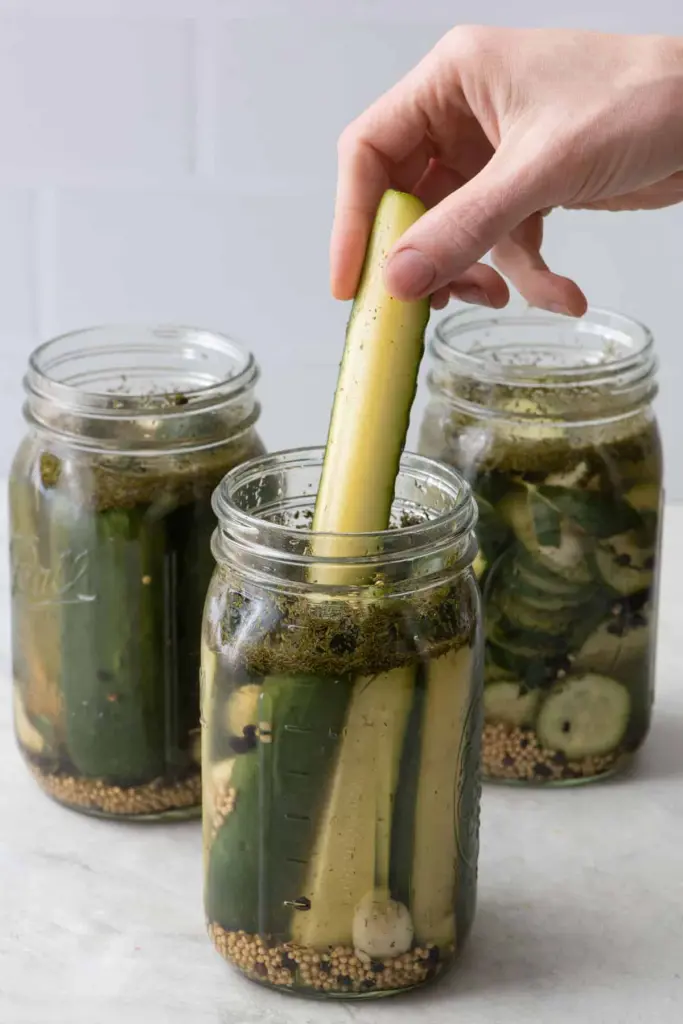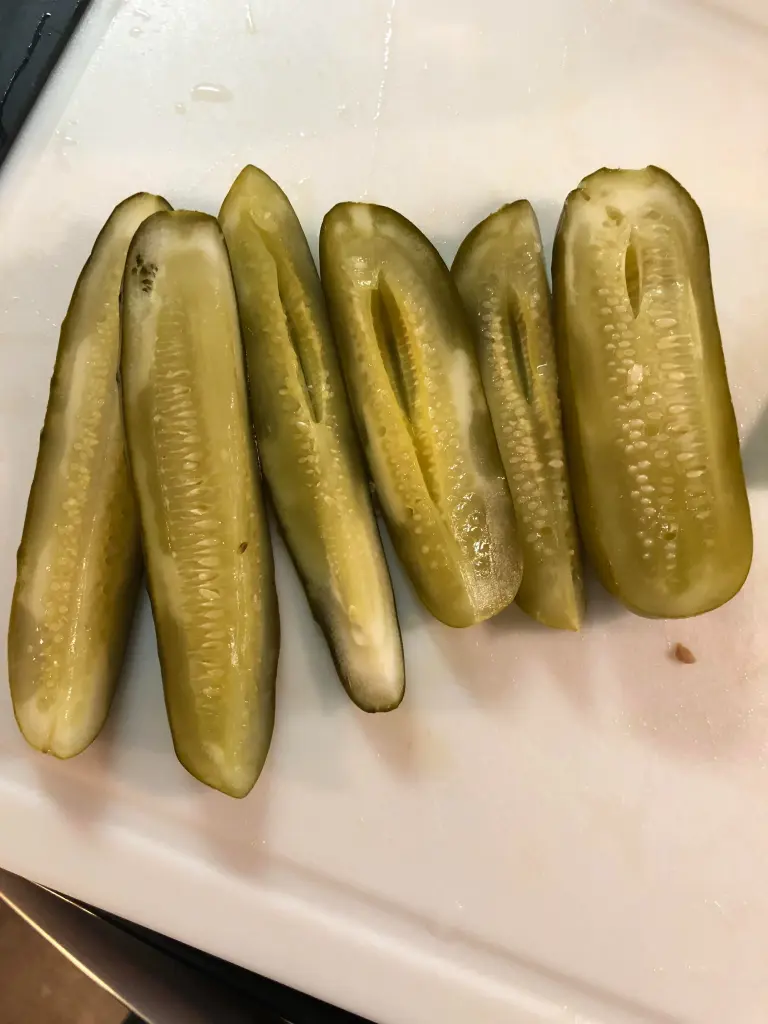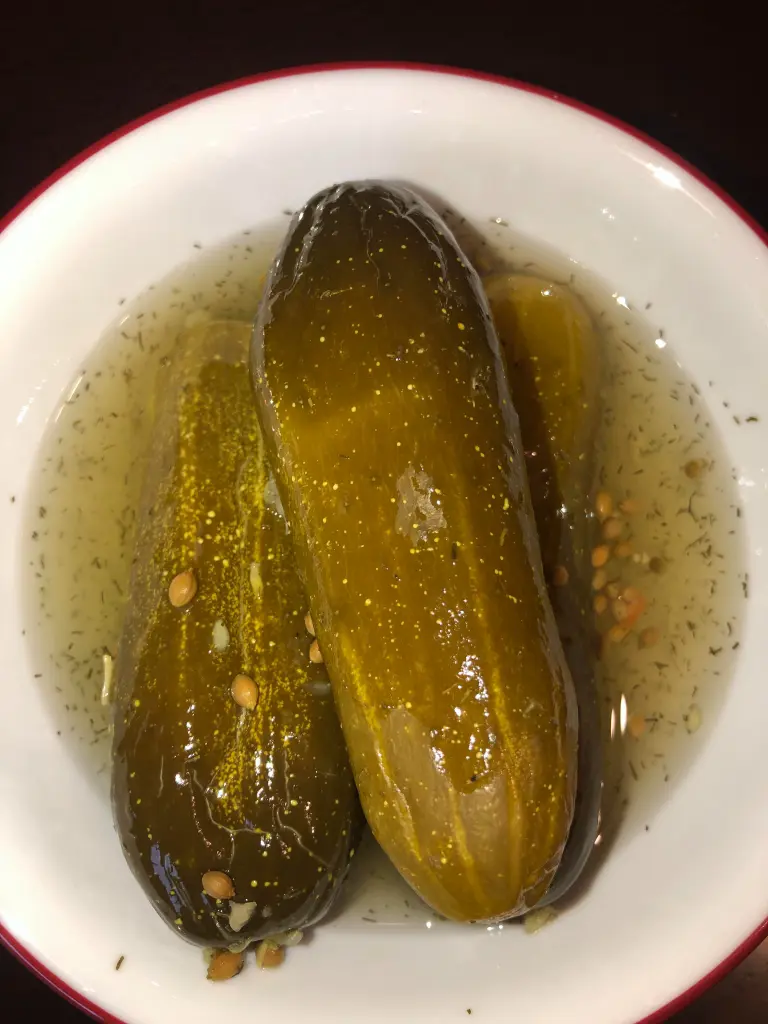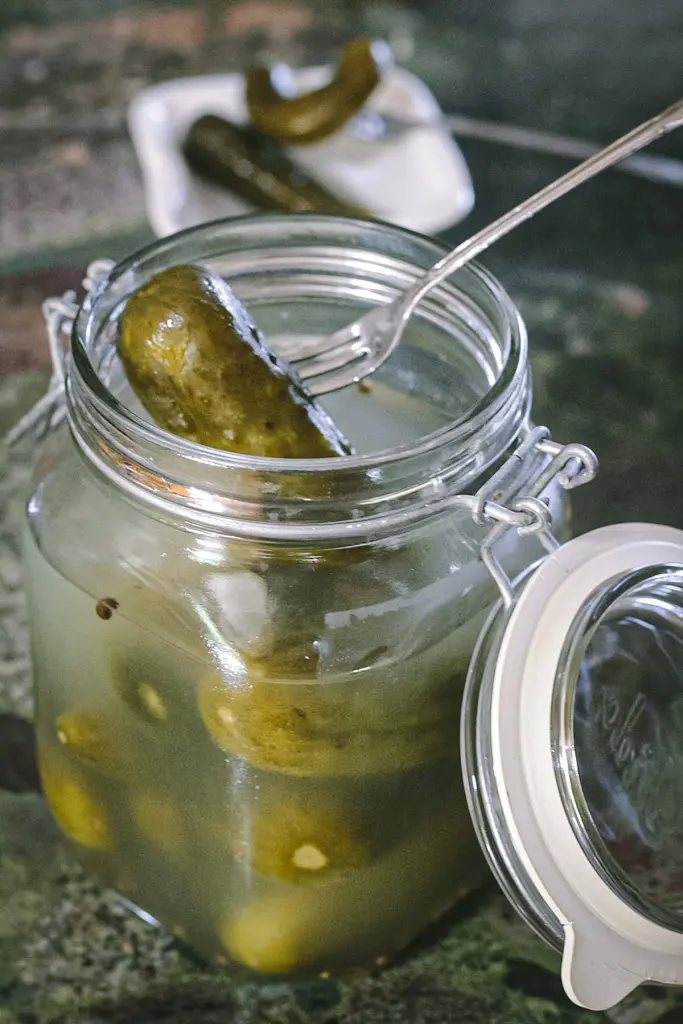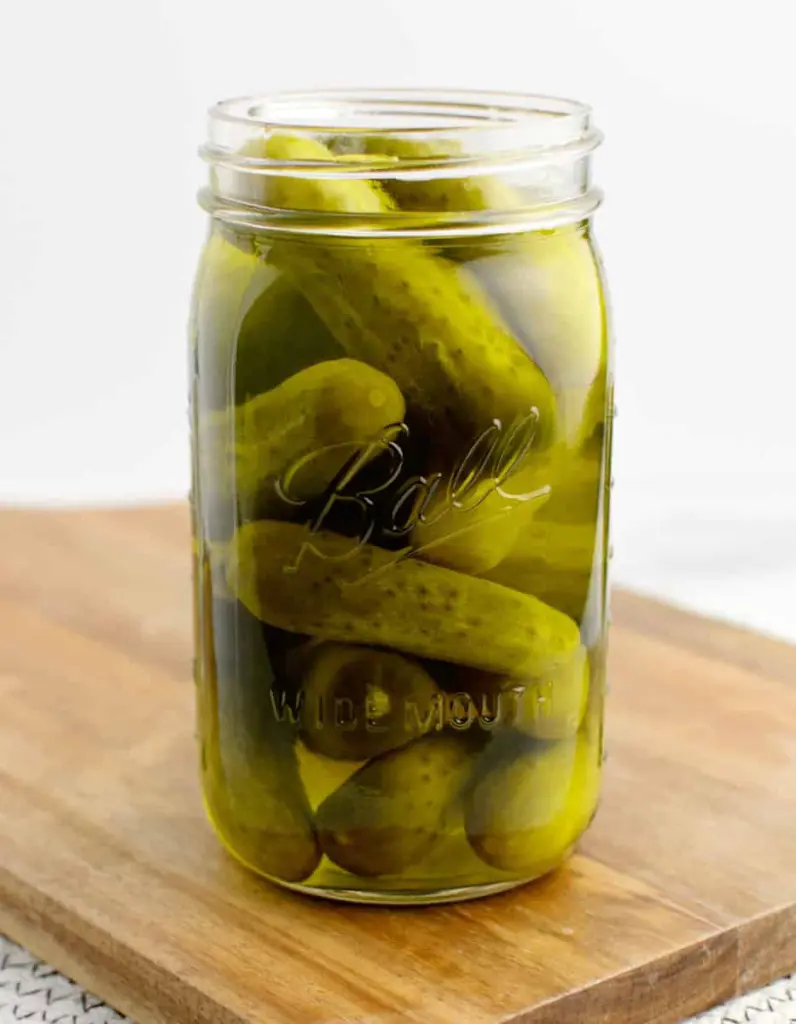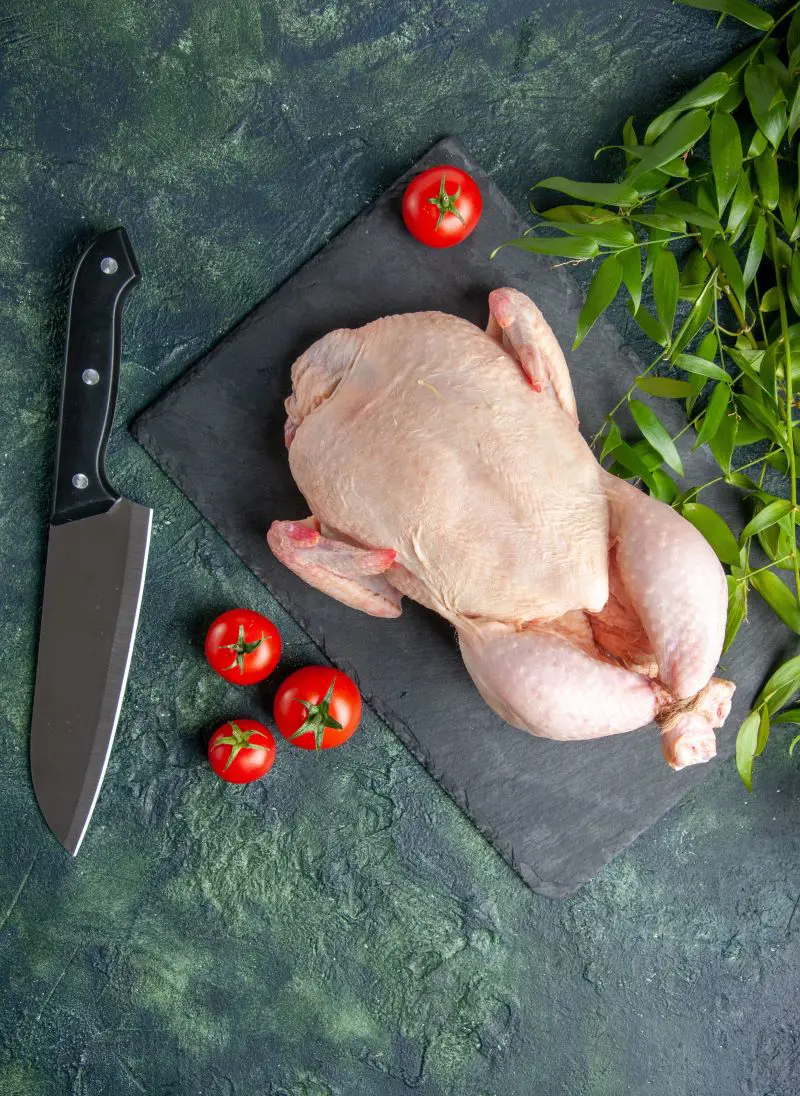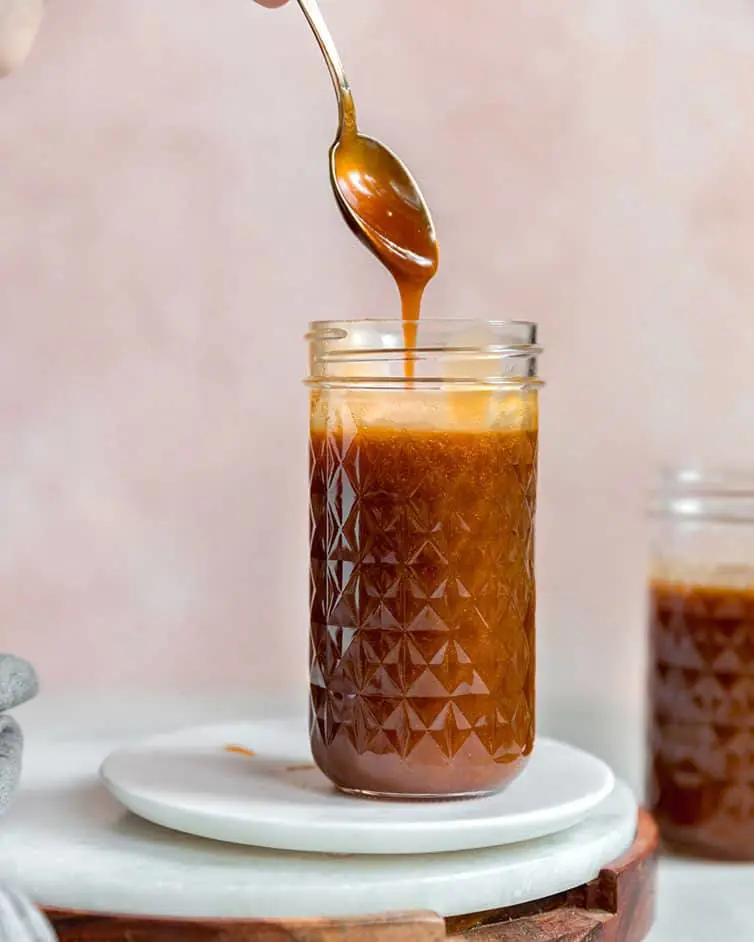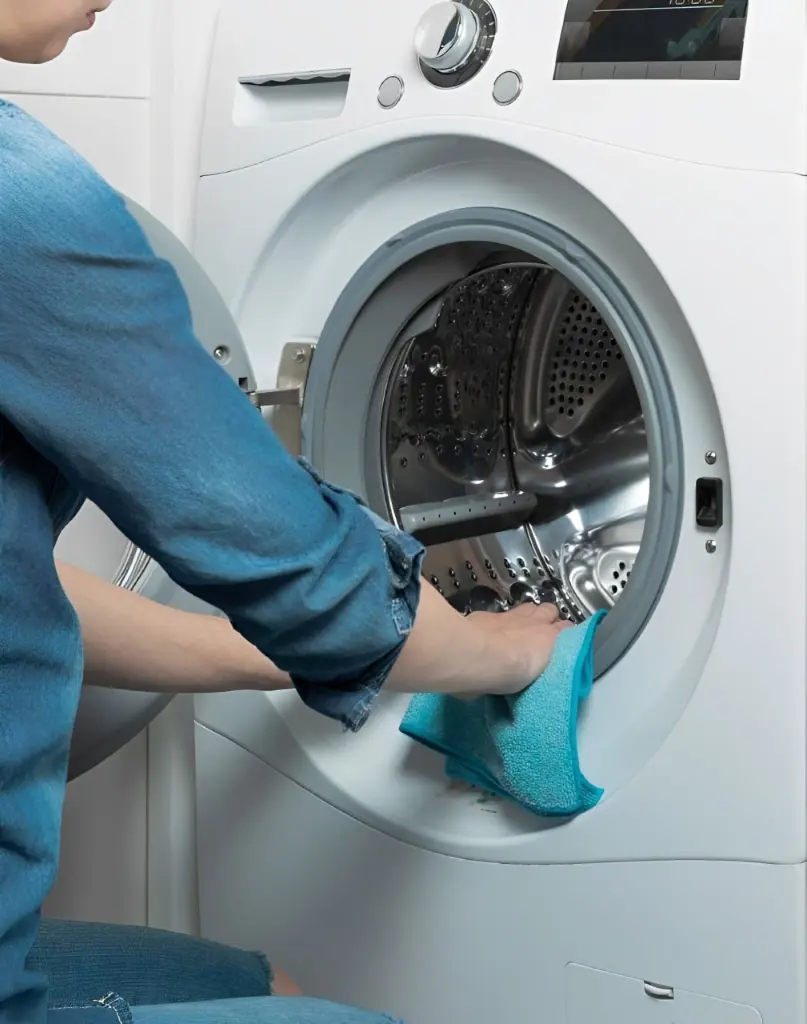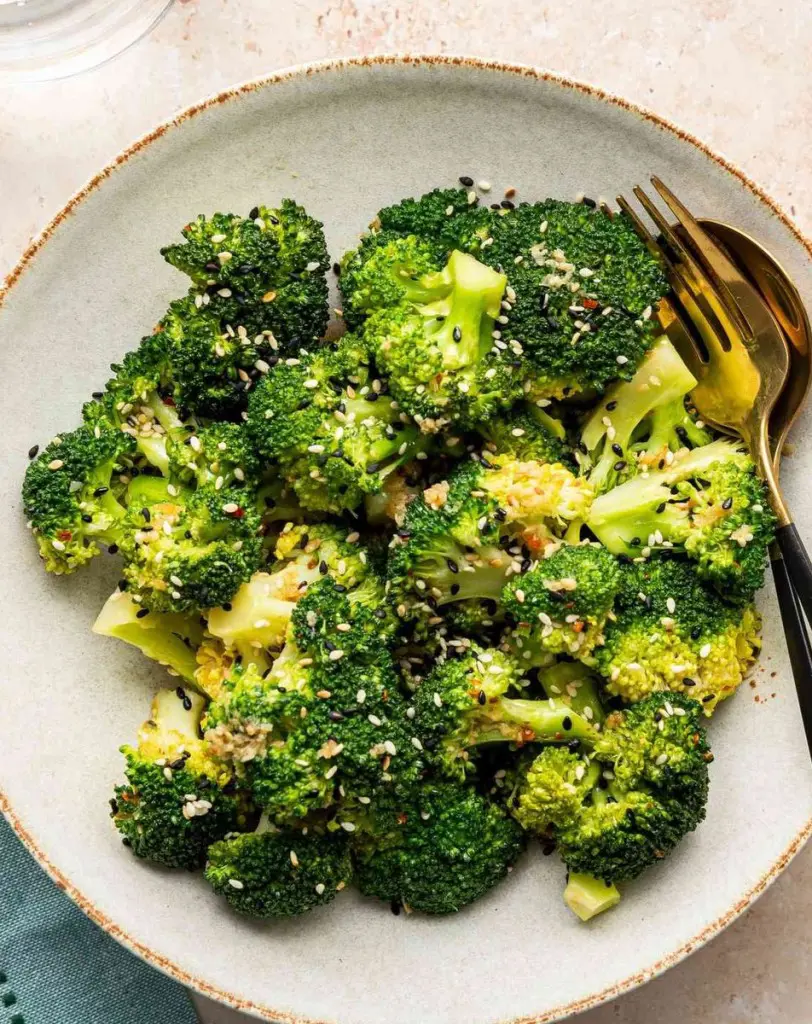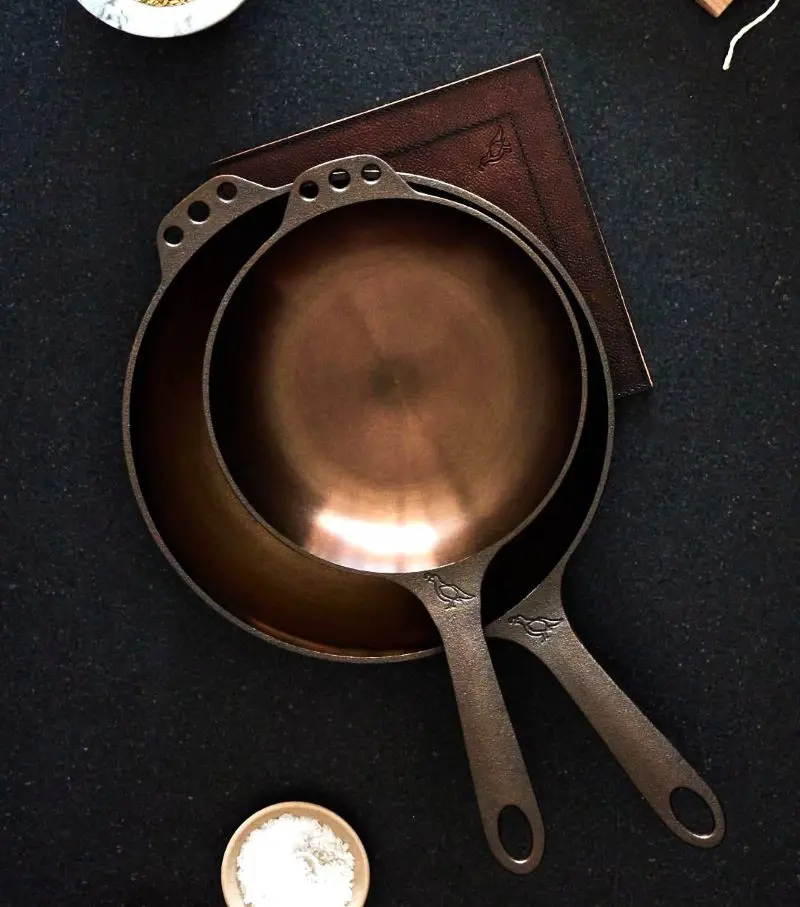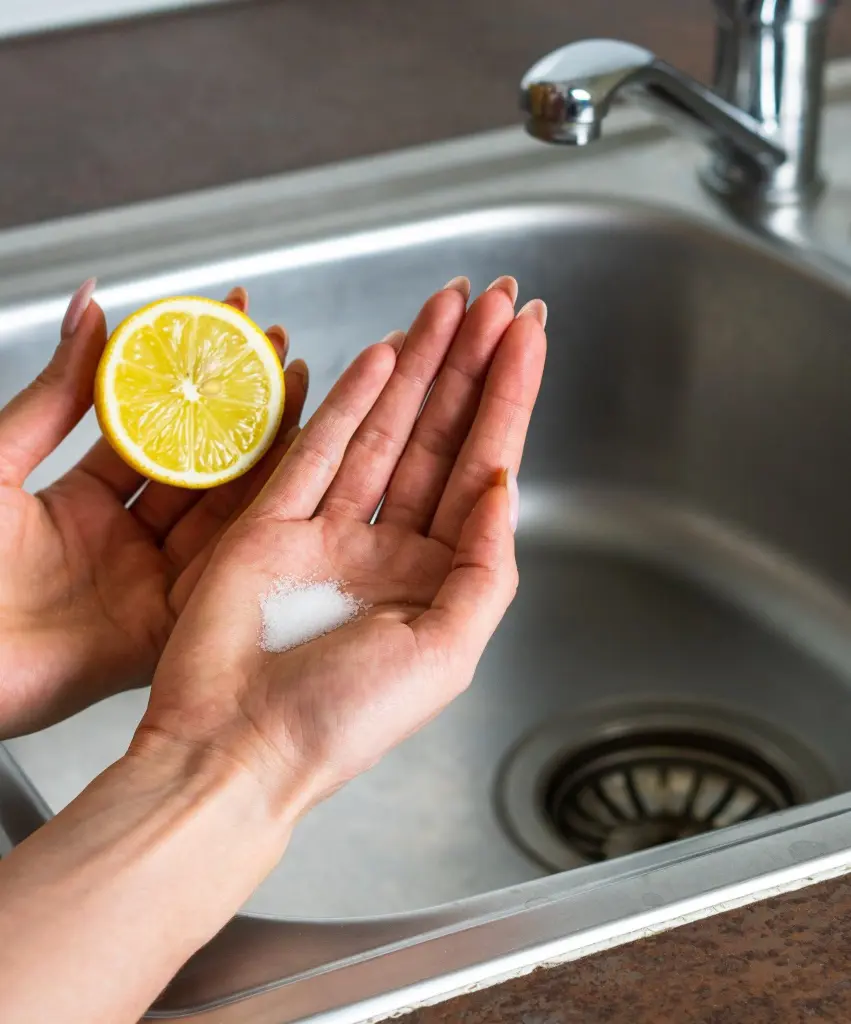Do Pickles Go Bad?
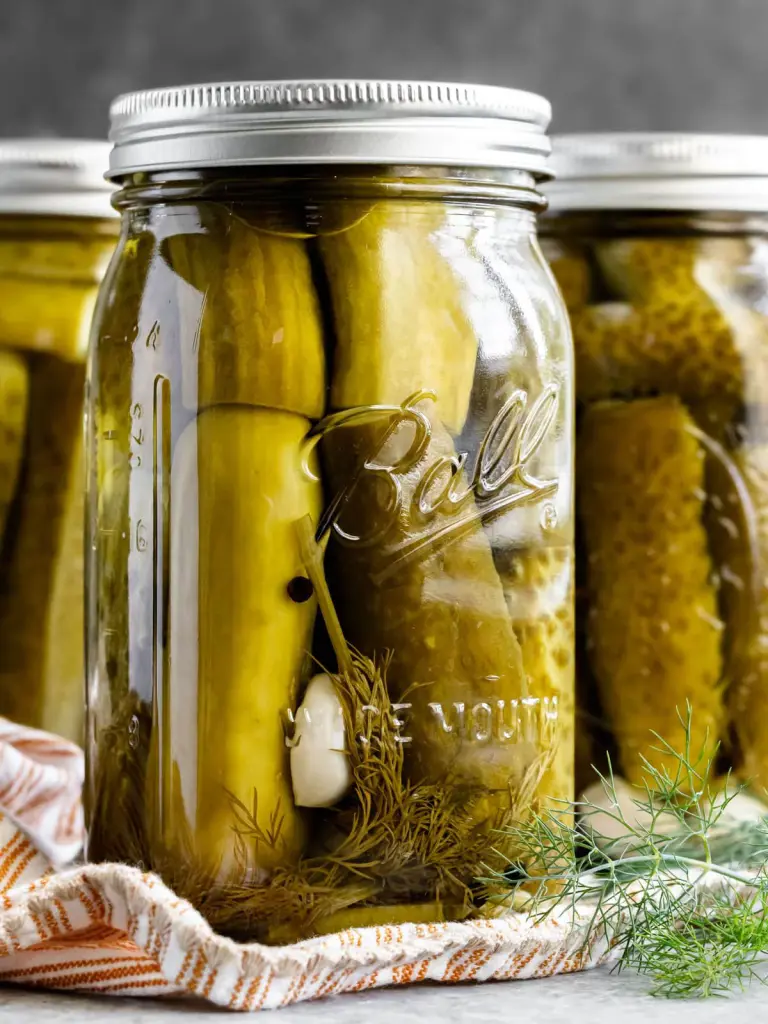
Every type of food decomposes but pickles are preserved and thus they last longer compared to fresh foods. This is due to the process of pickling in which a solution known as brine is used on an meat product.
The second ingredient is brine, and it includes vinegar that has a high level of acidity. It is important in pickling, and this kind of fat is called unsaturated fatty acids containing an acid group. Pathogenic microbes, which is the reason why some foods go bad, do not thrive well in an acidic setting.
Some of the bacteria that are not able to grow and multiply with the pickle brine are affected by vinegar. It also eliminates some other undesirable germs that may pose a danger in spoiling the food.
However, even with this protection, pickles aren't immortal. Over time, the acidity can decrease, and some tougher bacteria might eventually grow. This means that yes, pickles can go bad, but it takes much longer than most other foods.
For pickle enthusiasts, this is great news. Your favorite tangy treats can last for months or even years when stored properly. Just remember to check for signs of spoilage, like an off smell, unusual color changes, or a slimy texture, before eating pickles that have been stored for a long time.
